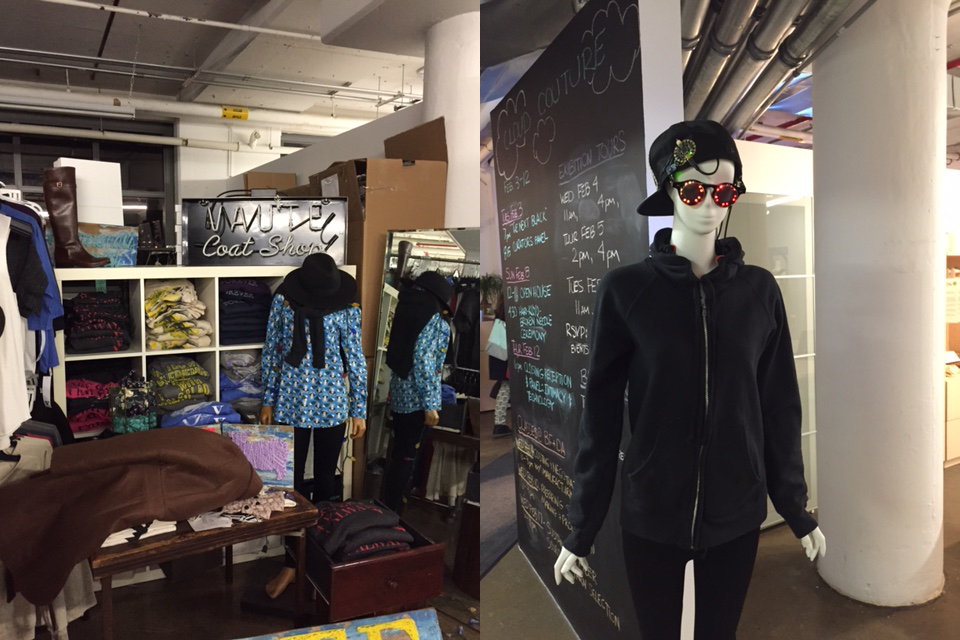Last week, Pratt Institute’s Brooklyn Fashion+Design Accelerator held a panel on the latest in wearables and digital intimacy. It focused on the changing landscape in both fashion and technology, and the fact that soon, the two will be indistinguishable.
The panel included some of the fashion tech industry’s most prominent futurists, including founders of Makerbot, Wearable Experiments, and others, discussing the need for proactive thinking and experimentation as technology becomes more intimate than ever. For Paul Amitai of digital fashion imprint Eyebeam, wearables go beyond data: “The material will become the technology itself.” In response, Billie Whitehouse, founder of Wearable Experiments brought up “ingestibles,” implying that we will become the technology.
Privacy was another important theme of the evening. “What happens when everything is transparent?” Makerbot founder Bre Pettis wondered. “The loss of privacy just hasn’t hit at scale.” Pettis thought privacy long gone, but not necessarily in a bad way: if transparency can temper abuses of power, maybe it’s worthwhile. Evan Lazarus of Paxie, a child-tracking wearable, tried to recontextualize privacy, while Whitehouse spoke of a need for a bubble of private data — such as biometric data — that couldn’t be utilized in public or commercial spheres. The Internet of Things needs to be an extension of human empathy, rather than simply computer intelligence.
The event was part of an exhibition called “Cloud Couture,” featuring companies that are pushing the boundaries of sustainable and technological design. Examples included 3D-printed dresses, a shirt that vibrates in response to the bass frequencies of EDM music, environmentally-friendly waterless dye, a sweater that changes color based on emotional feedback.

